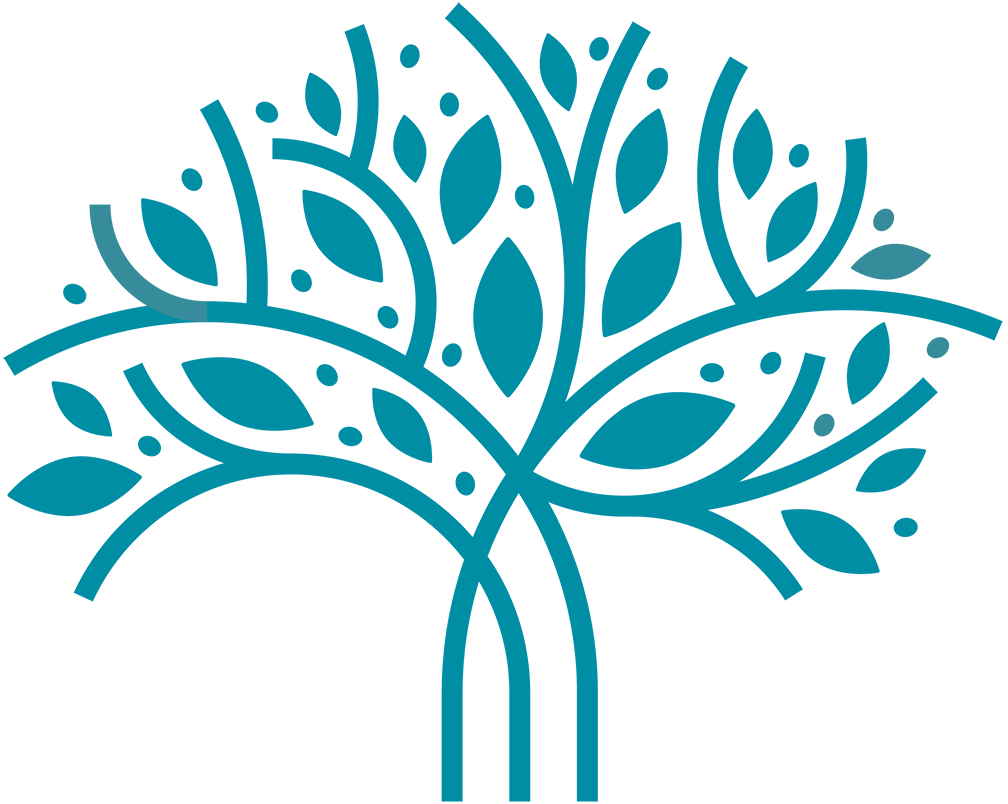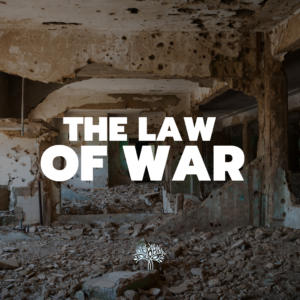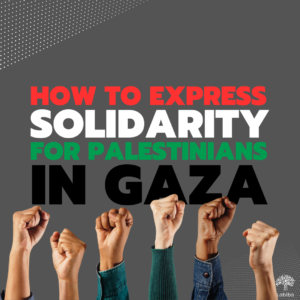The institutional travel of the Italian Prime Minister Mario Draghi to the Palestinian territories and Israel is long-awaited to talk about cooperation in various transversal sectors, including health rights and medical research. Key points are digital health, molecular health, medicine precision, Med Tech, and pharmaceuticals, among others. Naturally, the negotiations will mainly affect Israel, a leader in many of these fields and with which Italy has long had important economic agreements.
But Israeli health excellence is not granted to the rest of the Palestinian population living in the territories of the West Bank and the Gaza Strip whose right to health and proper treatment is denied on a daily basis.
It is estimated, in fact, that per capita health expenditure in these territories is 8 times lower than in Israel. As evidence of this disparity, the PHR-Israel report “Divide & Conquer: inequality in Health” highlights a profound difference in the health conditions of Israelis and Palestinians. In fact, Palestinian life expectancy is 10 years shorter than that of Israelis, infant mortality is 18.8 deaths per 1000 live births in the Occupied Territories versus 3.7 in Israel, and the maternal mortality rate is four times greater, 28 deaths per 100,000 births compared to 7 in Israel.
Infectious diseases are one of the main causes of death in occupied territories, not to mention that many vaccines, including that of chickenpox and hepatitis, are administered only to Israelis, condemning the Palestinians.
In addition, there is also a shortage of general practitioners in Palestine, 2.08 doctors per 1000 residents against 3.33 in Israel, and nurses, the percentage is 1.9 nurses per 1000 residents in the Occupied Territories compared to 4.8 in Israel, and the absolute lack of specialists. Pulling the strings of this health disaster are Israeli policies that allow to limit and at times actually deny access to treatment.
The first obstacle is undoubtedly the restrictions on movement of patients, medical personnel, and ambulances within the West Bank and between the Gaza Strip, the West Bank and Jerusalem, which implies that patients must obtain a permit for circulation from the Israeli authorities for access to treatment. These permits are very often denied for the most disparate reasons or come to an end once the patient recovers. The permit is usually granted following a long interview by the Israeli authorities to those who move from Gaza who, more often than not, ask for information that has nothing to do with their health. As a consequence, many refuse to be interviewed for fear of retaliation and eventually lose the right to be treated.
Israeli authorities effectively enact several measures to deliberately limit Palestinians’ access to health treatments.
For example, they deny entry of medical and vocational training personnel into the occupied territories which as a result is not guaranteeing its inhabitants safe access to the 6 hospitals in East Jerusalem. Furthermore, according to the provisions of the Treaty of Paris, Israel must donate the proceeds from taxes on goods destined for the occupied territories that pass through Israeli customs to the Palestinian Authority. But, this transfer of funds almost never takes place, leaving empty Palestinian coffers for a very long time which clearly affects the services guaranteed to the population.
To this unsustainable situation is added the continuous damage to the few local and international health facilities present in the area, especially in the Gaza Strip, whose structures are placed at constant risk by bombing, and rebuilding them is very difficult following the embargoes on many construction materials imposed by Israel.
Recently the Israeli government declared Palestinian NGOs terrorist organizations, effectively preventing access to basic rights for the inhabitants of the territories under its control.
According to many international organizations this is the consequence of the apartheid to which Israel has subjected the Palestinian people, condemning them to hunger and misery. To counter this, Palestinians in Gaza launched the Great March of Return in 2018. With weekly mass demonstrations along the border between Gaza and Israel, they were campaigning for the right of return to their Israeli-occupied villages and towns and for an end to the Israeli blockade on Gaza. At the end of 2019, Israeli forces killed 214 civilians, including 46 minors, and wounded more than 8,000 with live bullets. The toll is more than 1,200 patients in need of long-term, complex and expensive therapy and rehabilitation, and tens of thousands more require psychosocial support and to do so they must obtain permission from the Israeli authorities to move to hospitals in East Jerusalem.
During a recent event in Ramallah, Palestinian Health Minister Mai Alkaila said in the presence of EU, US and UN officials that there is a shortage of medicines due to the embargo imposed by Israel. The situation is also made even more dramatic by the Covid 19 pandemic which has seen the population powerless facing the severe scarcity of masks, health equipment and vaccines, and other crucial daily difficulties such as the total lack of drinking water.
One wonders when the international community will promptly intervene on these blatant violations of human rights to which the population of the occupied territories has been forced for too long. The right to health of thousands of people cannot be reduced to an instrument of prevalence.
Maria Pisano




